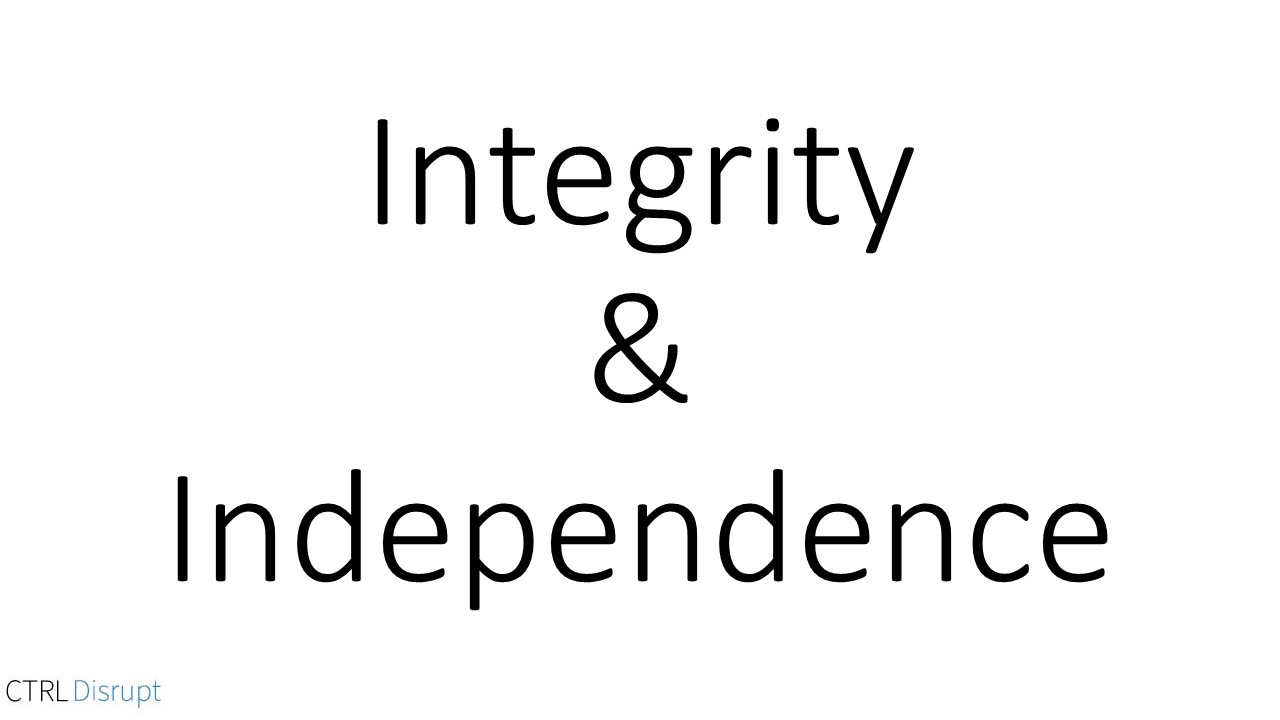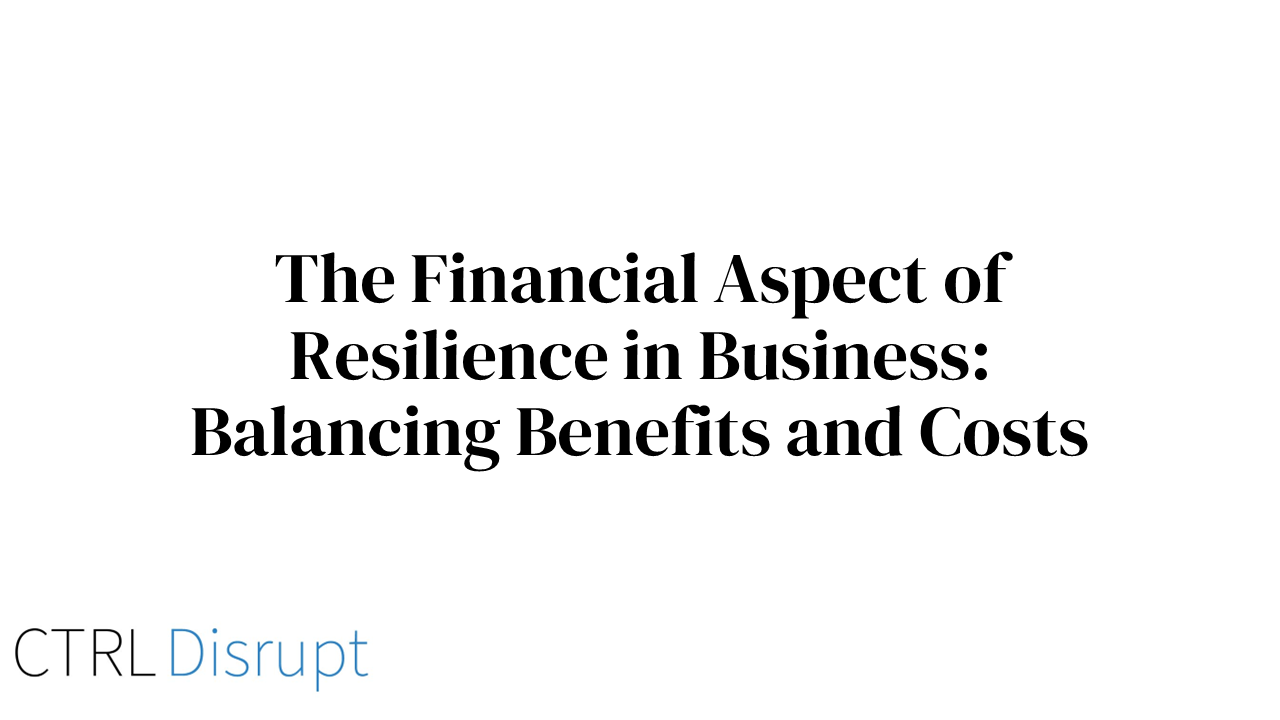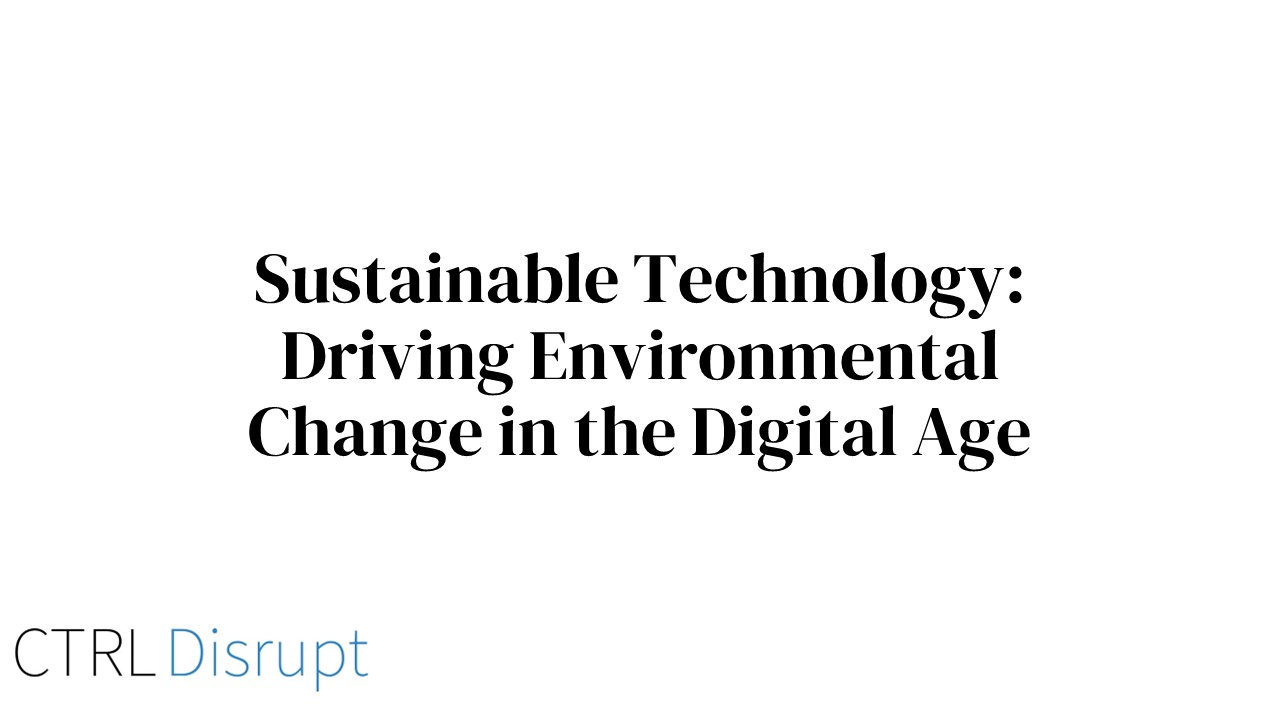The Evolving Role of Corporate Governance in Modern Enterprises
Introduction
In today's rapidly globalizing and digitizing world, the mechanisms and practices steering a company's operation, Corporate Governance, are being consistently challenged and reshaped. Conventionally seen as a mechanism for legal compliance and risk management, corporate governance now assumes a wider role as a catalyst for strategic decision-making, corporate performance, and sustainability (Aguilera, Florackis, & Kim, 2016)1.
Understanding the Changing Corporate Landscape
Key drivers of the evolving corporate landscape include technological advancements, globalization, and changing stakeholder expectations. Technology has drastically transformed business models, with concepts such as remote working and digital finance becoming commonplace (Arner, Barberis, & Buckley, 2016)2. Globalization has interconnected markets, increasing competition but also enabling businesses to tap into larger consumer bases and talent pools (Contractor, 2018)3. Meanwhile, stakeholders are placing heightened importance on factors beyond financial performance, such as corporate social responsibility (CSR) and environmental sustainability (Freeman, 2010)4.
The Expanded Role of Corporate Governance
Corporate governance now extends beyond compliance and risk management. It is integral to creating shareholder value, fostering a healthy corporate culture, and aligning corporate strategy with societal goals (Aguilera et al., 2016)1. Increasingly, boards are held accountable not only for business outcomes but also for their companies' social and environmental footprints (Eccles, Ioannou, & Serafeim, 2014)5.
The Impact of Good Governance on Corporate Performance
Research suggests a positive correlation between good governance and corporate performance (Gompers, Ishii, & Metrick, 2003)6. Companies with robust governance structures are more likely to attract investments and build a strong brand reputation. Notable examples include Unilever and Patagonia, whose commitment to sustainability and corporate responsibility has yielded substantial financial returns and brand loyalty (Vasi, King, Gorthy, & Chatterji, 2020)7.
Challenges and Opportunities in Modern Corporate Governance
Adapting governance structures to modern realities presents challenges, primarily the fast pace of technological change and the complexities of managing diverse stakeholder interests. However, these challenges present opportunities. For instance, technology can facilitate more transparent and efficient governance (Tapscott & Tapscott, 2016)8. Furthermore, addressing diverse stakeholder interests can lead to more sustainable business practices and long-term value creation (Freeman, 2010)4.
Conclusion
Corporate governance continues to evolve, with its importance growing in our rapidly changing world. Future trends are likely to include greater emphasis on environmental, social, and governance (ESG) factors and the role of artificial intelligence in decision-making processes (Metcalf & Crawford, 2016)9.
References
-
Aguilera, R. V., Florackis, C., & Kim, H. (2016). Corporate governance and risk-taking in pension plans: Evidence from defined benefit asset allocations. Journal of Business Ethics, 136(2), 299-317.
-
Arner, D. W., Barberis, J., & Buckley, R. P. (2016). The evolution of FinTech: A new post-crisis paradigm. Georgetown Journal of International Law, 47(4), 1271-1319.
-
Contractor, F. J. (2018). Globalization and technology interdependence: what can we learn from the connectedness index. Journal of International Business Studies, 49(6), 780-800.
-
Freeman, R. E. (2010). Strategic Management: A Stakeholder Approach. Cambridge University Press.
-
Eccles, R. G., Ioannou, I., & Serafeim, G. (2014). Corporate sustainability: the first evidence of financial outperformance. Journal of Corporate Finance, 94, 272-282.
-
Gompers, P., Ishii, J., & Metrick, A. (2003). Corporate governance and equity prices. The Quarterly Journal of Economics, 118(1), 107-156.
-
Vasi, I. B., King, B. G., Gorthy, S. L., & Chatterji, A. K. (2020). Social movements, risk perceptions, and economic outcomes: the effect of primary and secondary stakeholder activism on firms’ perceived environmental risk and financial performance. Academy of Management Journal, 63(6), 1783-1808.
-
Tapscott, D., & Tapscott, A. (2016). Blockchain Revolution: How the Technology Behind Bitcoin Is Changing Money, Business, and the World. Penguin.
-
Metcalf, J., & Crawford, K. (2016). Where are human subjects in big data research? The emerging ethics divide. Big Data & Society.

 By
By


